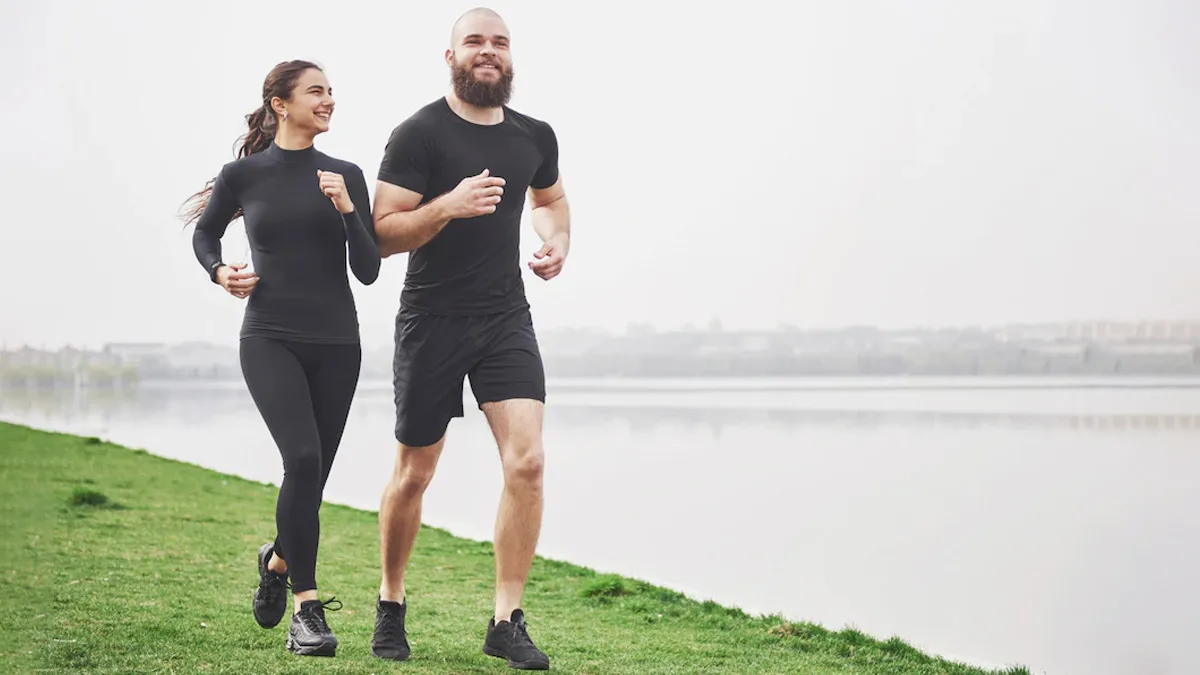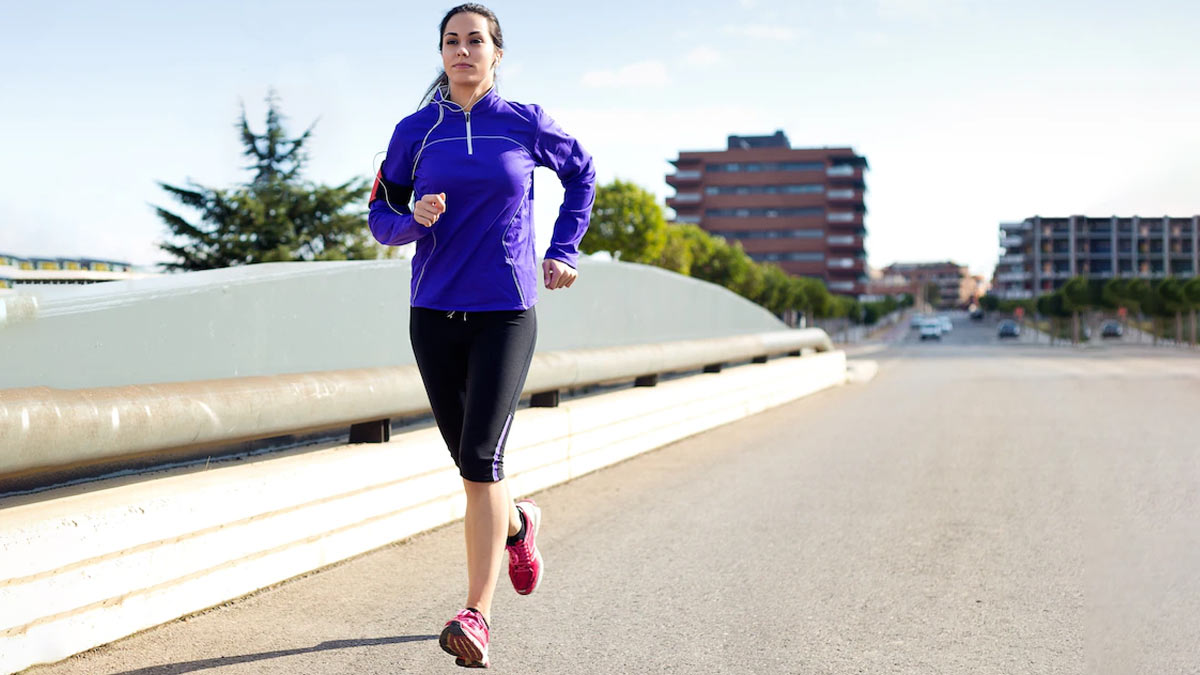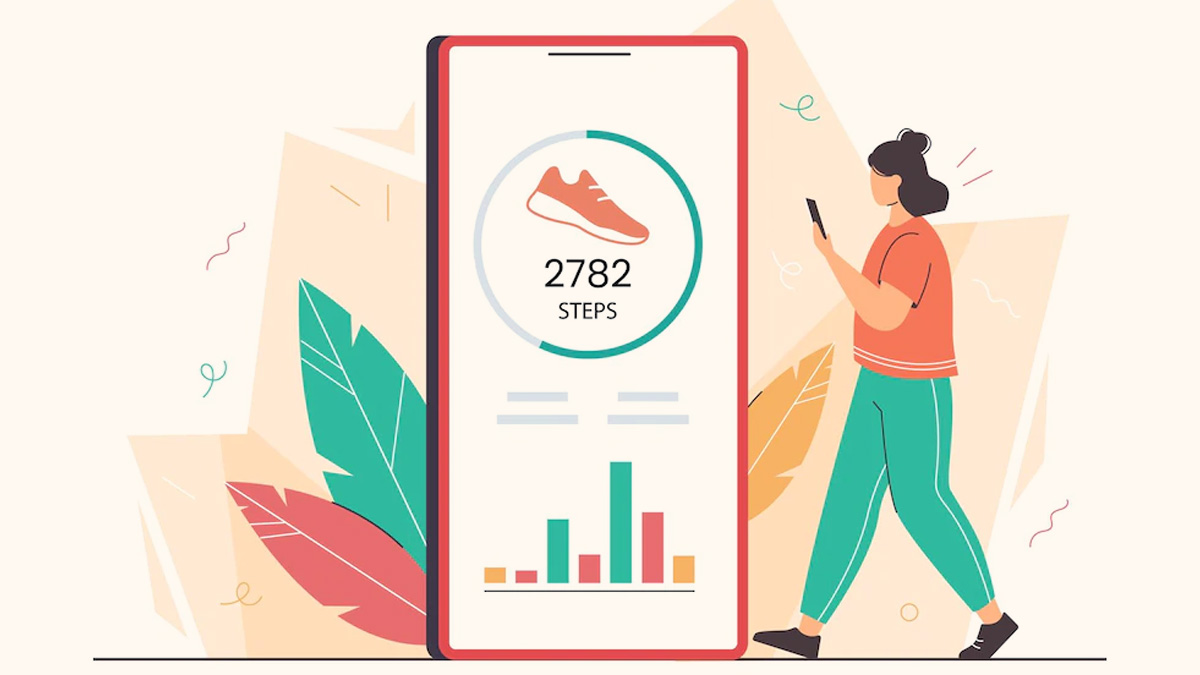
In the ever-evolving world of fitness, one question continues to spark debate among beginners and seasoned athletes alike: Is it better to walk 1 kilometer or run it? While both walking and running have their place in a well-rounded fitness routine, the best choice for you depends on your goals, physical condition, and lifestyle.
Table of Content:-
Let’s break down the benefits, differences, and how to choose the right option for your personal wellness journey through the lens of our expert Kapil Dave, Director of Sports, Sharda University - Noida.
The Basics: Same Distance, Different Demands
Walking and running may cover the same 1-kilometer stretch, but the impact they have on your body can be very different.
Walking 1km typically takes around 10–15 minutes at a moderate pace and burns approximately 50–70 calories, depending on your weight and pace.
Running 1km takes about 5–7 minutes and burns roughly 70–100 calories.
At first glance, running seems like the obvious winner for calorie burn and efficiency. But slow down—there’s more to this story.

Also Read: Ventricular Septal Defect In Newborns: What It Is And How To Treat It?
Walking: The Low-Impact Hero
Pros:
Gentler on joints: Ideal for people with joint issues, seniors, or those recovering from injury.
Great for beginners: Walking is a safe entry point into a fitness routine.
Sustainable and stress-reducing: Walking lowers cortisol levels and boosts mood, especially outdoors.
Cons:
Takes more time: To achieve the same calorie burn as running, you need to walk longer.
Lower cardiovascular challenge: Less effective at rapidly improving endurance or aerobic capacity.

Running: The High-Intensity Powerhouse
Pros:
Burns more calories quickly: Great for weight loss and time-efficient workouts.
Builds cardiovascular endurance: Strengthens the heart and lungs faster than walking.
Triggers endorphins: The infamous “runner’s high” can uplift mood and mental clarity.
Cons:
Higher injury risk: Especially for knees, hips, and ankles if form or footwear is poor.
Not for everyone: Requires a certain base level of fitness and conditioning.
What Are Your Goals?
Weight loss? Running burns more calories in less time, but walking can still support weight loss when done consistently, especially when paired with a healthy diet.
Improved mental health? Both walking and running reduce stress and boost mood. A brisk walk in nature may even be more calming than a high-intensity run.
Heart health? Both improve cardiovascular function. According to the American Heart Association, walking can be just as beneficial as running for heart health—if the energy output is similar.
Longevity and sustainability? Walking is easier to maintain over the decades and carries fewer risks.
Can You Combine Both? Absolutely.
A hybrid routine—such as walking on rest days or incorporating running intervals into your walks—can offer the best of both worlds. This approach prevents burnout and injury while keeping your workouts versatile and fun.
Bottom Line: Choose What Works for You
There’s no universal winner in the walking vs. running debate. It all comes down to personal goals, physical ability, and what you enjoy most. The best exercise is the one you’ll actually do consistently. So lace up your shoes, step outside, and move your way. Whether you walk or run, every kilometer counts toward a healthier you.
Also watch this video
How we keep this article up to date:
We work with experts and keep a close eye on the latest in health and wellness. Whenever there is a new research or helpful information, we update our articles with accurate and useful advice.
Current Version